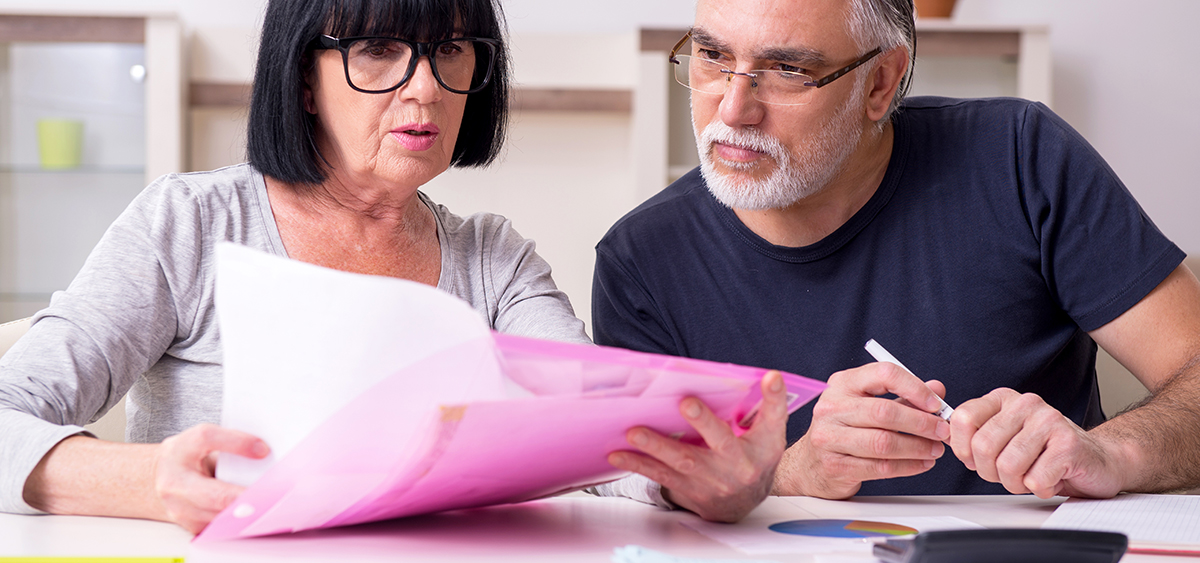Does your spouse, common-law partner or former spouse or partner want to declare personal bankruptcy? Are you afraid of the impact that might have on you? Here are a few situations that might concern you, whether you’re married, in a common-law relationship or separated.
Note: If you’re married, there can be other consequences. Ask the person handling the bankruptcy (the trustee in bankruptcy).

Shared Debts
You might have debts that you share with your spouse, common-law partner or even with your former spouse or partner, such as
- unpaid amounts on joint credit cards,
- joint lines of credit, or
- loans with a financial institution that you signed together.
In these kinds of situations, you are both responsible for paying the debts. So, creditors could ask you to pay your part of the debt and in some situations, even the part of you spouse, partner, or former spouse or partner.
If you can’t pay, you can decide to go bankrupt at the same time as your spouse, partner, or former spouse or partner. You can also try to find another solution by consulting a trustee in bankruptcy.
Joint Accounts
If you have an account together with your spouse, partner, or former spouse or partner (a “joint account”), the trustee in bankruptcy must determine how much of the money in the account belongs to you.
The trustee cannot use this part of the money to repay the debts of your spouse, partner, or former spouse or partner in connection with his or her personal bankruptcy.
If the money in the account that belongs to you is given to the bankruptcy trustee anyway, you can challenge this by proving that it’s yours.
Furniture
If you have furniture that belongs both to you and your spouse, partner or former spouse or partner, the trustee in bankruptcy must determine what portion of the value of the joint furniture belongs to you. He cannot use this portion to pay the debts of your spouse, partner, or former spouse or partner.
But if the furniture belongs completely to you, it cannot be used to repay debts of your spouse, partner, or former spouse or partner as part of his or her bankruptcy.
If furniture that belongs partly or completely to you is given to the bankruptcy trustee anyway, you can challenge this by proving that it’s yours or that a portion belongs to you.
The House
If you co-own a house with your spouse, partner, or former spouse or partner, you can normally prevent it from being sold by paying the trustee in bankruptcy a sum of money.
This amount is called the “equity” and it is determined by the trustee. It takes into account, among other things, the value of the house and the amount left to pay on the mortgage.
You must pay the equity to avoid having the house sold as part of your spouse, partner, or former spouse or partner’s bankruptcy.
Since each situation is different, don’t hesitate to contact the trustee in bankruptcy in charge of the file as soon as you learn that the house could be sold.
Support Payments
In the case of bankruptcy, your former spouse or partner must continue to pay any support payments for your children. Your former spouse must also continue to pay any support payments for you. According to the law, a person cannot get rid of this type of debt by going bankrupt.
Also, if your former spouse or partner owes “arrears” of support, that is, there are some past support payments that weren’t made, you can claim them as part of your spouse or partner’s personal bankruptcy since they are a debt he or she owes.





